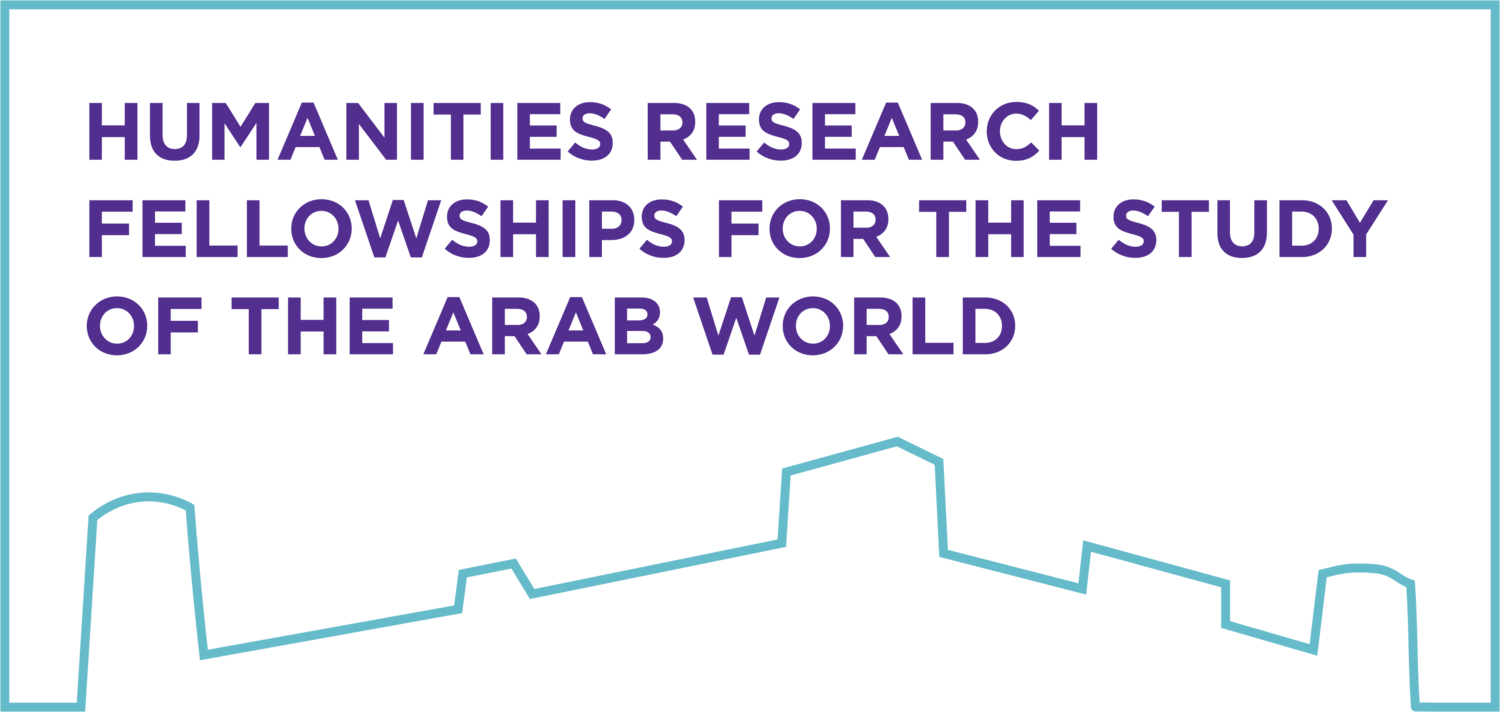
Connected Histories from the Arab World to the Americas
Project Members
-
Jan Loop
Professor of Early Modern History and Religious Cultures, University of Copenhagen -
Alastair Hamilton
Honorary Fellow, the Warburg Institute -
Süphan Kirmizialtin
Visiting Assistant Professor of Middle Eastern History, NYUAD
Project Description
The history of cultural and intellectual exchanges between the Ottoman, Persian, Arab, European, and American worlds has become an increasingly important area of research in the last decades. Studies on the multi-directional flow and dynamic networks of these encounters and transactions have significantly improved our understanding of the shared history of these regions over time.
Particular attention has been given to the history of language studies in Europe (Arabic, but also Persian and Turkish), the diffusion of Ottoman learning among early modern European orientalists, and the writings of Arabic-speaking Christians and their interactions with the Churches of the West.
More recently, scholars have explored the move of people, texts and material objects, as well as aesthetical values, religious ideas, and artistic methods, and their impact on the cultural and intellectual history of these areas.
Based on the rigorous study of published and unpublished primary sources, this institutional platform for the study of cultural exchange aims to foster original and interdisciplinary research that will develop and deepen our knowledge of the plethora of multi-directional processes and forms of religious, intellectual, and cultural exchange, as well as the practices of scholarship involved in these exchanges.
As such, it will enhance our understanding of the historical connection between these areas and the global dimension of cultural and intellectual networks and knowledge transfer in general. In addition, we hope that it will generate both a platform and a hub for the study of connected histories of the Middle East, Europe, and the Americas, thereby contributing to world-class scholarship in this area.
Areas of interest:
Multidirectional exchange and transfer of ideas (agents, modes, and practices)
Scholarship, networks, and knowledge transfer at the interface of travel, diplomacy, trade, and war
Cultural exchanges in intellectual, religious, aesthetic, artistic, and material perspective
Practices of scholarship (language learning and teaching; procuring, reading, annotating and copying manuscripts, etc.)
The role of religious actors and representatives in intellectual and cultural exchanges
The history and impact of misappropriation /-perception in cultural encounters
Image: Mantle of Roger II of Sicily, Kunsthistorisches Museum, Vienna, acc. no. WS XIII 14.
Past Events
Recognizing Religions
Project Members
-
Taneli Kukkonen
Professor of Philosophy, NYUAD -
Jan Loop
Professor of Early Modern History and Religious Cultures, University of Copenhagen -
Christopher Ocker
Professor, Medieval and Early Modern Studies, Australian Catholic University; Assistant Provost and Interim Dean, Professor of the History of Christianity, University of Redlands -
Reindert Falkenburg
Special Academic Advisor; Visiting Professor of Early Modern Art and Culture -
Tamar Herzig
Professor of History, Tel Aviv University -
Sina Rauschenbach
Chair of Religious Studies and Jewish Thought, Universität Potsdam -
Marina Rustow
Khedouri A. Zilkha Professor of Jewish Civilization in the Near East; Professor of Near Eastern Studies and History; Director of the Program in Near Eastern Studies; Director of the Geniza Lab, Princeton University -
Ethan Shagan
Professor of History; Zaffaroni Family Chair in Education, University of California, Berkeley -
Charles Stang
Professor of Early Christian Thought and Director of the Center for the Study of World Religions, Harvard University -
Martial Staub
Professor of Medieval History, The University of Sheffield
Project Description
This is a joint initiative between NYU Abu Dhabi, Australian Catholic University, and ‘The European Qur’an. Islamic Scripture in European Culture and Religion 1150-1850 (EuQu)’ (University of Copenhagen).
This project aims to study and discuss the impact that encounters, interaction, and mutual recognition of Jews, Christians, and Muslims, as well as non-Abrahamic religions, had on their historical development and their understanding of themselves and others. Particularly, we are interested in concepts that Jews, Christians, and Muslims entertained about themselves and about any other cultural or religious group and how these concepts changed over time.
In this context, ‘recognition’ involves cultural change by the exchange. It does not merely describe the act of attentively observing and distinguishing another as different from or similar to one’s own group. It also involves a recursive adaptation of self-definition and identity, facilitated by real and imaginary encounters, both peaceful and belligerent.
The interest is in how recognition functions in real world encounters between cultural groups and how it changes over time; how recognition employs media that communicate knowledge within and across cultural and geographical boundaries; how it uses true and false information about the other; and how it is affected by philosophical, theological, and ethical ideas openly or implicitly shared across cultural and geographical borders.




